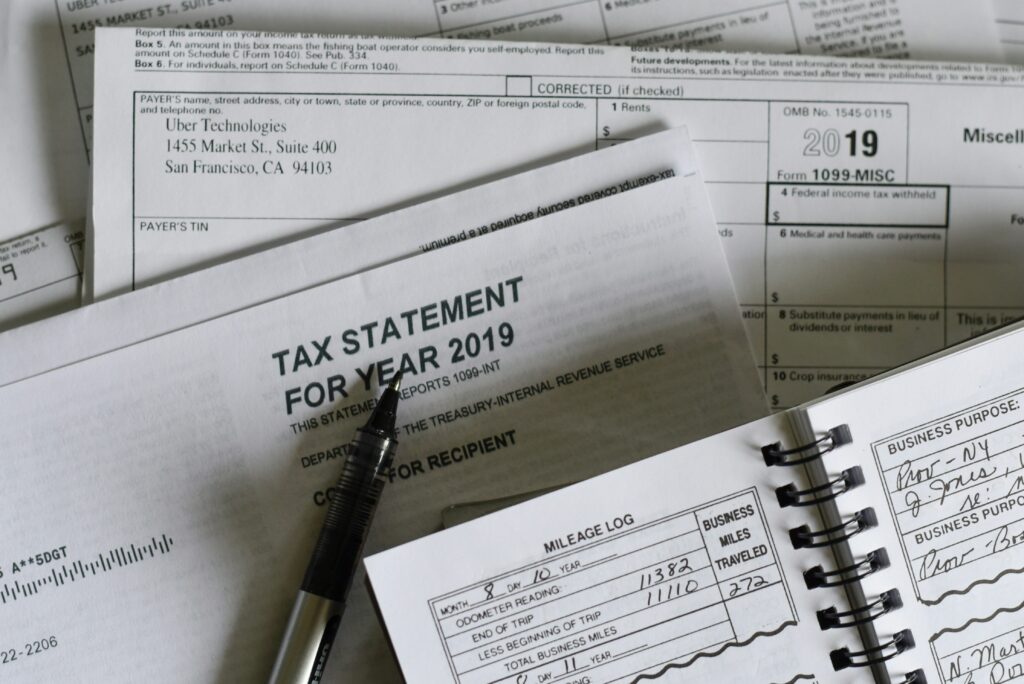Relocating to a new country can be an exciting adventure, but it also comes with the responsibility of understanding and complying with the local tariff system. For expatriates considering Serbia as their new home, gaining insight into the Balkan nation’s levy regulations is essential. This comprehensive guide aims to provide expats with a roadmap to navigate Serbia’s tax landscape. From understanding the types of taxes to knowing the filing obligations and available deductions, this article will equip expatriates with the knowledge needed to ensure compliance and optimize their financial situation.

Understanding the Serbian tax system
The ownership concept underlies the Serbian tariff system, which means that people are liable to taxation depending on where they live or where they get their income from inside the nation. Personal income tariffs and value-added tax (VAT) are significant levies that affect expatriates.
Personal Income Tax
Personal income tariff is imposed in Serbia on both residents’ global income and non-residents’ income with Serbian sources. Depending on the level of income, taxation can vary between 10% to 15%. Depending on how long they would be staying and why, expatriates should decide whether they are residents or not.
Value-Added Tax (VAT)
Serbia imposes a consumption levy known as VAT on the sale of goods and services. The lower rates of 10% and 0% are applied to certain products and services, whereas the regular rate is 20%. Understanding their VAT duties and registration procedures is crucial for ex-pats involved in commercial activity.
Filing obligations and deadlines
Expatriates residing in Serbia must fulfill their tariff obligations by submitting annual personal income levy returns and paying any tax due by the prescribed deadlines. The tariff year in Serbia follows the calendar year, with the filing deadline typically falling on April 15th of the following year. It is crucial to maintain accurate records of income, expenses, and relevant documentation to support levy filings.
Tax deductions and incentives
Expatriates might investigate several tax breaks and incentives to improve their tariff situation in Serbia. Healthcare, tuition, living expenses, and charity contribution costs are all eligible for deductions. Additionally, Serbia provides options for levy relief and exemptions for specific businesses, including scientific research, agriculture, and energy. The country offers the following significant tariff breaks and advantages.
Tax deductions for businesses
Serbia has put in place several tax breaks that are advantageous to domestic companies. For instance, a tariff break of up to 100% is available for research and development (R&D) costs, which promotes innovation and technological improvement. Additionally, faster depreciation rates on fixed assets can help businesses operating in areas with weak infrastructure by lowering their levy liability.
Incentives for foreign investors
To attract foreign investment, Serbia offers a range of incentives. One notable initiative is the Free Zones program, where businesses operating in designated zones enjoy exemption from profit tariffs, customs duties, and value-added tax (VAT) on imports. This program has successfully attracted numerous international companies seeking to benefit from Serbia’s strategic location and skilled workforce.
Individual tax deductions
Serbia also provides tariff deductions to individuals, aimed at stimulating personal investment and economic activity. For instance, contributions to private pension funds are levy-deductible, encouraging long-term savings for retirement. Furthermore, taxpayers can deduct expenses for education, healthcare, and charitable donations, promoting personal development and social responsibility.
Double taxation agreements (DTAs)
Serbia has entered into DTAs with numerous countries to prevent the double taxation of income. These agreements provide relief to expatriates by eliminating or reducing tariff barriers between countries. Expatriates should familiarize themselves with the specific provisions of the DTA between Serbia and their home country to ensure they benefit from the available levy relief.
Seeking professional assistance
Navigating Serbia’s tax system can be complex, especially for expatriates. Engaging the services of a reputable tariff advisor or accountant with knowledge of local levy laws can provide invaluable guidance tailored to individual circumstances. These professionals can assist with levy planning, compliance, and maximizing available deductions, ensuring expatriates meet their obligations while optimizing their financial situation.
Conclusion
Becoming familiar with Serbia’s tax system is vital for expatriates to maintain compliance and make informed financial decisions. By understanding the types of taxes, filing obligations, deductions, and incentives available, expatriates can optimize their levy position and ensure a smooth transition into their new life in Serbia. Remember, seeking professional advice and staying informed about changes in levy regulations will help expatriates navigate the Balkan levy landscape with confidence.
You may also find these articles helpful
Reasons to immigrate to Serbia
